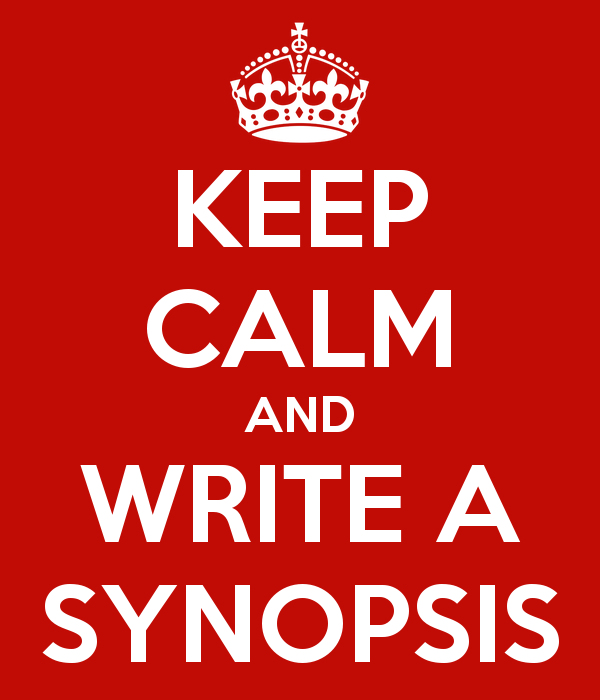
Book Proposals
Do Agents Really Care About My Cat?
I love cats, coffee, chocolate, and long walks on the beach, especially if the beach has sea glass. My…
May 25, 2018
I love cats, coffee, chocolate, and long walks on the beach, especially if the beach has sea glass. My…
May 25, 2018
Why was my proposal rejected? As a submissions reader, I now understand why my past book proposal was not…
January 6, 2018
The first part of this series examined the Query Letter. In this column, we’ll look at the synopsis. Most…
December 14, 2015
Agenting is a lot like being the matchmaker in Fiddler on the Roof. We have the job of searching…
July 23, 2015